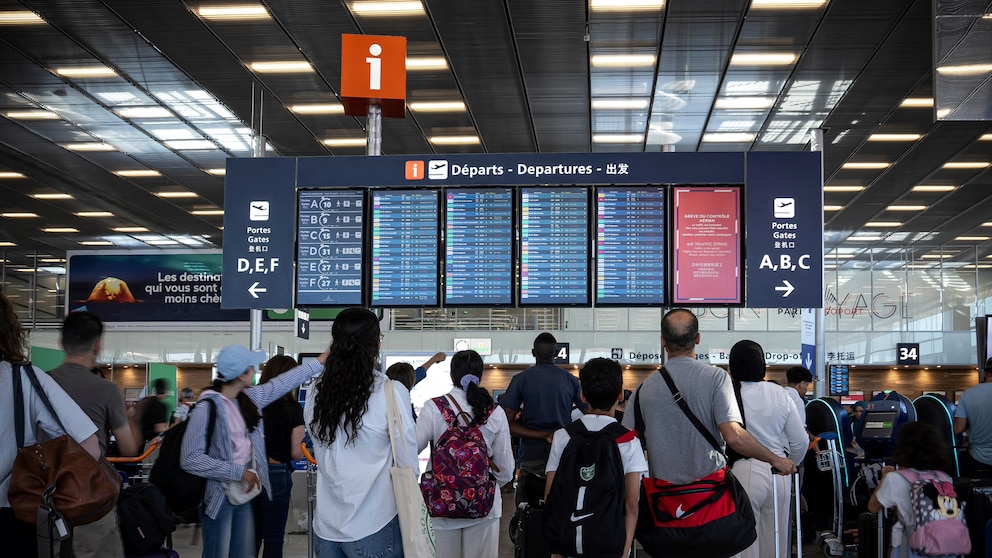Google announced a series of major upgrades to its generative AI tools, signaling a stronger push to dominate the enterprise AI market at its annual Cloud Next conference.
The updates, rolled out Wednesday, enhance several first-party media-generating models within the company’s Vertex AI platform. Among the highlights is the preview release of Lyria, Google’s text-to-music AI model, which is now available to select customers. Lyria allows users to create royalty-free songs across various genres — from jazzy piano solos to lo-fi soundscapes — and is being positioned as an alternative to traditional music libraries.
Also receiving an upgrade is Veo 2, Google’s video generation model, now equipped with expanded editing features. The tool can remove unwanted elements such as logos or objects from existing footage, extend video frames for aspect ratio conversion, and adjust camera angles to simulate timelapses or drone-style shots. These features are currently available in preview.
Meanwhile, Chirp 3, Google’s advanced audio model, is powering a newly launched Instant Custom Voice tool that can clone a voice using just 10 seconds of audio. Supporting around 35 languages, the tool is now generally available but restricted to a vetted group of users. To prevent misuse, Google says a “diligence process” ensures voice cloning is done with appropriate permissions.
Chirp 3 also underpins another new feature in preview — Transcription with Diarization — which can transcribe recordings and identify individual speakers in conversations involving multiple people.
Google’s Imagen 3 image generator has also been updated, now offering improved object removal and image reconstruction capabilities. All images, videos, and music generated by Imagen, Veo, and Lyria are watermarked with Google’s SynthID to ensure authenticity and traceability, though this does not apply to outputs from Chirp.
As competition heats up in the cloud-based AI space — notably with Amazon’s Bedrock platform offering similar tools — Google is positioning these advancements as enterprise-ready solutions with built-in content safety mechanisms.
However, questions around training data remain. The company has not disclosed the specific datasets used to train its models, citing proprietary concerns. The lack of transparency continues to stir debate over copyright and fair use, especially as some companies face legal battles for training AI systems on copyrighted material without permission.
In response to these concerns, Google maintains that it provides opt-out options for content creators and offers legal indemnity to customers using its Vertex AI services.











